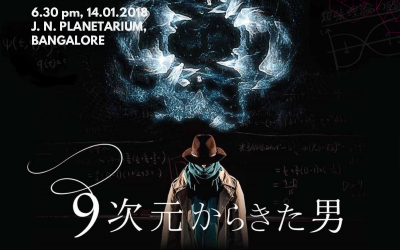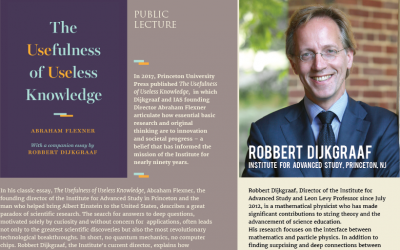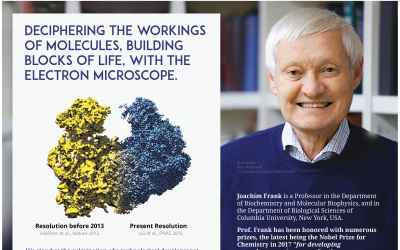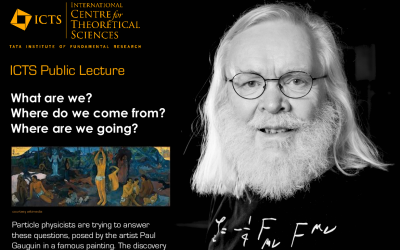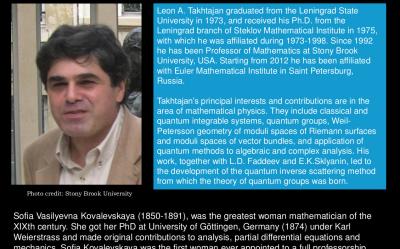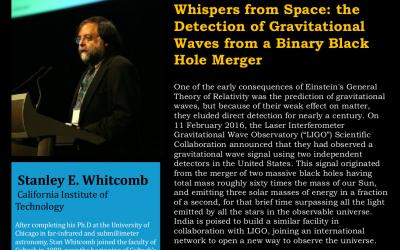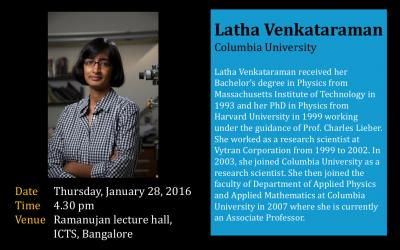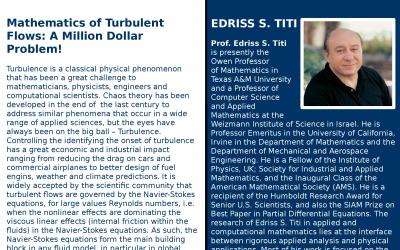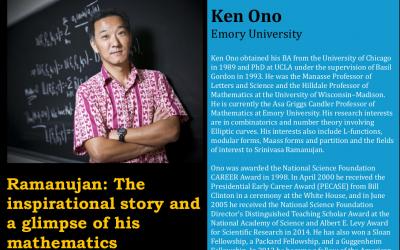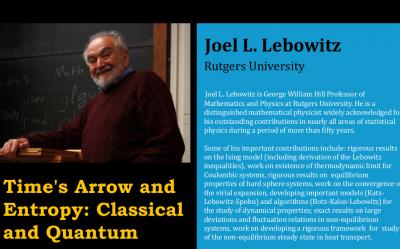Hirosi Ooguri (Fred Kavli Professor of Theoretical Physics and Mathematics, Director of the Walter Burke Institute for Theoretical Physics, Caltech; Principal Investigator, Kavli IPMU, The University of Tokyo and President, Aspen Center for Physics)
14 January 2018, 18:30 to 19:30
J. N. Planetarium, Bangalore
"The Man from the 9 Dimensions" is a 3D dome theater movie on Superstring Theory, the leading candidate for the unified theory of forces and matters including gravity. Professor Ooguri served as an advisor to the movie to ensure its scientific accuracy. The movie has received numerous prizes and...more


